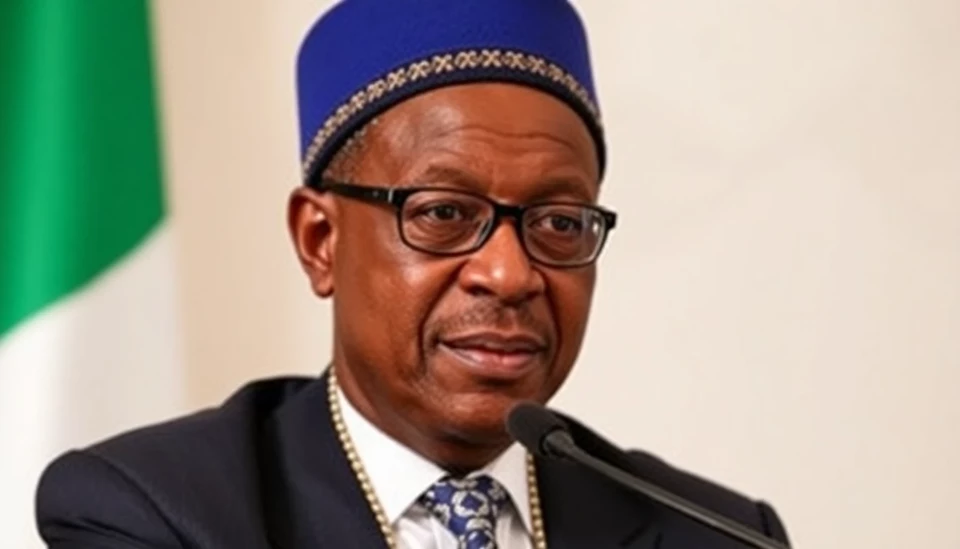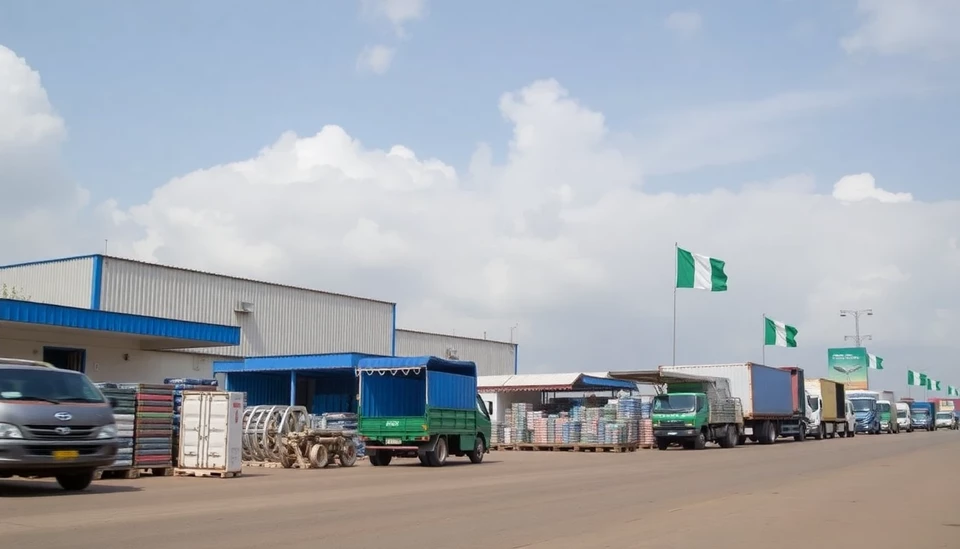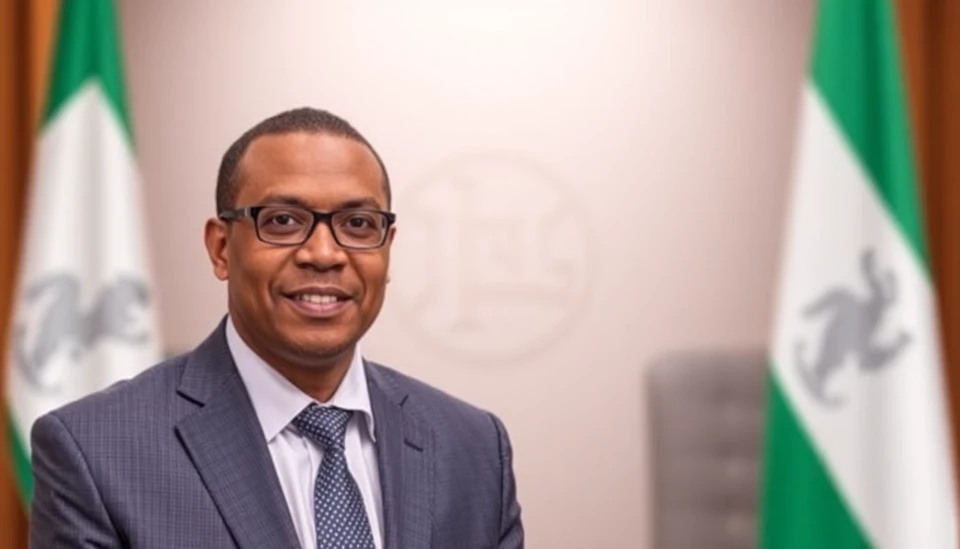
In an unexpected turn of events, Nigeria has reported significant economic growth that has outperformed analysts' predictions, largely driven by the robust performance of the country's services sector. The latest data revealed that Nigeria’s Gross Domestic Product (GDP) grew by 3.25% in the third quarter of 2024, a figure that contrasts sharply with predictions that suggested a modest slowdown due to other challenging economic conditions.
According to the National Bureau of Statistics (NBS), the services sector alone contributed a remarkable 3.72% to the GDP growth. This highlights the resilience and adaptability of service-oriented businesses amidst the broader economic challenges the country faces, including inflation and foreign exchange rate fluctuations.
Specifically, the telecommunications and financial services industries emerged as key drivers of this growth. The telecommunications sector has seen an influx of investment and innovation, resulting in an increase in connectivity and digital services across the nation. Analysts attribute this unprecedented expansion in services to increased domestic consumer spending and an influx of foreign direct investments, which signify growing international confidence in Nigeria’s economic landscape.
Moreover, the recent uptick in economic activity signals a favorable shift for Nigeria, which has been grappling with various socio-economic issues including insecurity and infrastructural deficits. This growth is significant as it also reflects the ongoing recovery from the global economic disruptions caused by the pandemic and subsequent issues affecting global trade.
Economists have expressed cautious optimism regarding the sustainability of this growth. While the services sector is presenting a promising outlook, it is essential to note that other sectors, particularly agriculture and manufacturing, have not yet achieved similar performance levels. Continued investment and government policies that support diversification and resilience across all sectors will be crucial to maintaining this momentum.
The Nigerian government has responded to the growth figures with plans to double down on infrastructure development and to enhance the investment climate further. These efforts aim to create an environment where all sectors can thrive and minimize vulnerabilities that may dampen future growth prospects. Additionally, financial experts are advocating for greater reforms to stabilize the economy against external shocks and ensure continued expansion.
This latest economic report from Nigeria not only surprises many who were expecting a downturn, but it also serves as a reminder of the country's potential for growth and recovery. The emphasis on the services sector could indeed pave the way for a more stable economic future if bolstered by effective government policies and sustained investment.
As Nigeria continues to navigate its complex economic landscape, all eyes will be on how it manages to integrate this growth across other critical sectors, ensuring comprehensive development that benefits all Nigerians.
#Nigeria #EconomicGrowth #ServicesSector #GDP #Telecommunications #Finance #Investment #EconomicRecovery #AfricaEconomy #NBS
Author: Laura Mitchell




